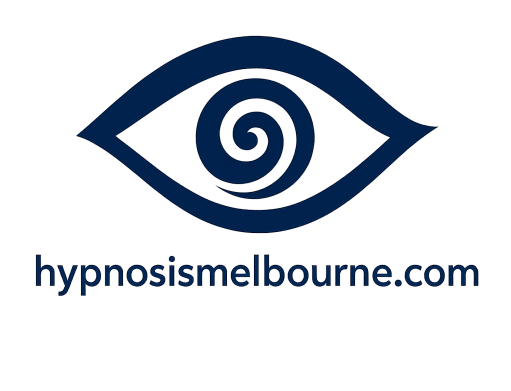What is Claustrophobia?
Claustrophobia is an irrational fear of enclosed places. This condition is one of the ten most common anxiety disorders that affect people from all walks of life. The fear is not of the tight space itself but of having no ability to escape from the confining area. This fear may seem a little ridiculous for other people, but this problem can be embarrassing and debilitating for the sufferer.
Derived from the Latin word claustrum or “shut in place” and Phobos, the Greek word for “fear”, claustrophobia affects about 15% to 37% of the world’s population.
Symptoms of Claustrophobia
The onset of panic may vary from one sufferer to another. A claustrophobic may feel a bolt of sudden fear when getting into an elevator or going inside a low-ceilinged cellar. A common trigger for a condition sufferer arises when they need to go through an MRI machine. Being restrained or incarcerated can also bring about different manifestations of the disorder.
Claustrophobia is a psychosomatic disorder. The fear itself is psychological and manifests physically. This intense fear usually stems from a traumatic childhood experience. The brain stores the memories, including the horrifying moments during the incident. During a panic attack, a claustrophobic may experience one or more of the following signs and symptoms:
- cold sweat
- hyper-ventilation
- trembling
- chest congestion
- palpitations
- elevated blood pressure
- nausea
- urinary incontinence
- fainting
- migraine
- hyper-acidity
- temporary dementia
When to Seek Help
Medicaments such as antidepressants and beta blockers are measures that control the physical symptoms of anxiety. However, some suggest that these medications are habit-forming and may cause secondary complications, so some choose alternative means to address the problem, like hypnotherapy.
The practice of hypnotherapy in treating and managing claustrophobia is gaining ground. Some now see hypnosis as an accepted form of intervention that is non-invasive and chemical-free.
Claustrophobic patients with me usually see results after one session. But three sessions are recommended initially to evaluate the effectiveness of hypnosis with your condition.
Sources:
- “Phobias: A Handbook of Theory, Research and Treatment”. April 1997. Edited by Graham C. Davey of the University of Sussex, UK. Web. http://as.wiley.com/WileyCDA/WileyTitle/productCd-0471969834.html. It was accessed on 23 May 2014.
- “What is Claustrophobia? What Causes Claustrophobia?” Published 21 April 2011, updated 25 September 2013.
Please Note:
I do not give diagnoses or dispense medication. The contents of this website do not intend to replace medical advice. Please always look for the advice of a licensed medical practitioner or a professional healthcare provider.
